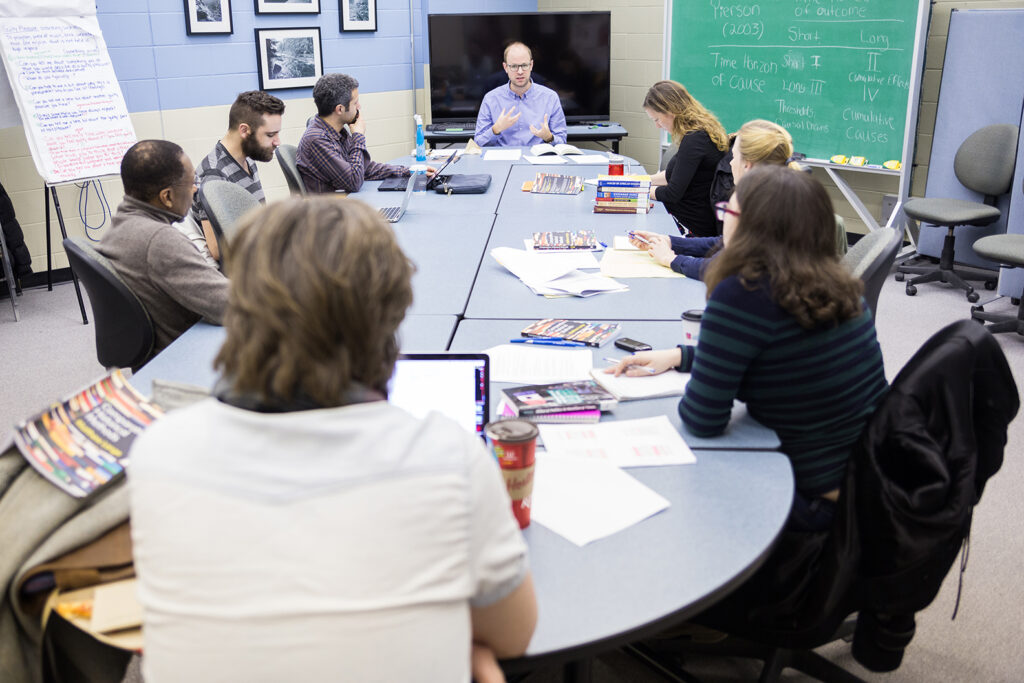
In an era where Artificial Intelligence (AI) and technology profoundly shape society, guiding these advancements towards a healthier, more equitable future is crucial. As such, we are excited to announce the results of the inaugural round of Connected Minds Seed Grants, made possible thanks to the generous support of the Canada First Research Excellence Fund (CFREF), providing $105.7 million in funding to York University, in partnership with Queen’s University. Through this initiative, we have funded six outstanding projects spanning diverse Connected Minds research areas, goals, and themes, marking a significant step forward in our mission to foster innovative research for societal good.
The Connected Minds Seed Grants serve as catalysts for collaborative, transdisciplinary, and exploratory research, pushing beyond the traditional scholarship boundaries. With a strong commitment to inclusivity, equity, and community-centered research, this program reserves at least 20% of awards for Indigenous-led or community-guided projects, ensuring responsiveness to the diverse needs and perspectives of Indigenous communities.
We extend our heartfelt congratulations to all the awardees and eagerly anticipate tracking their progress over the coming years. Stay tuned to witness the transformative impact of these initiatives at our next Connected Minds Annual Research Retreat, where their advancements will be showcased for all to see. In the meantime, please explore the brief descriptions below to learn more about these remarkable projects.
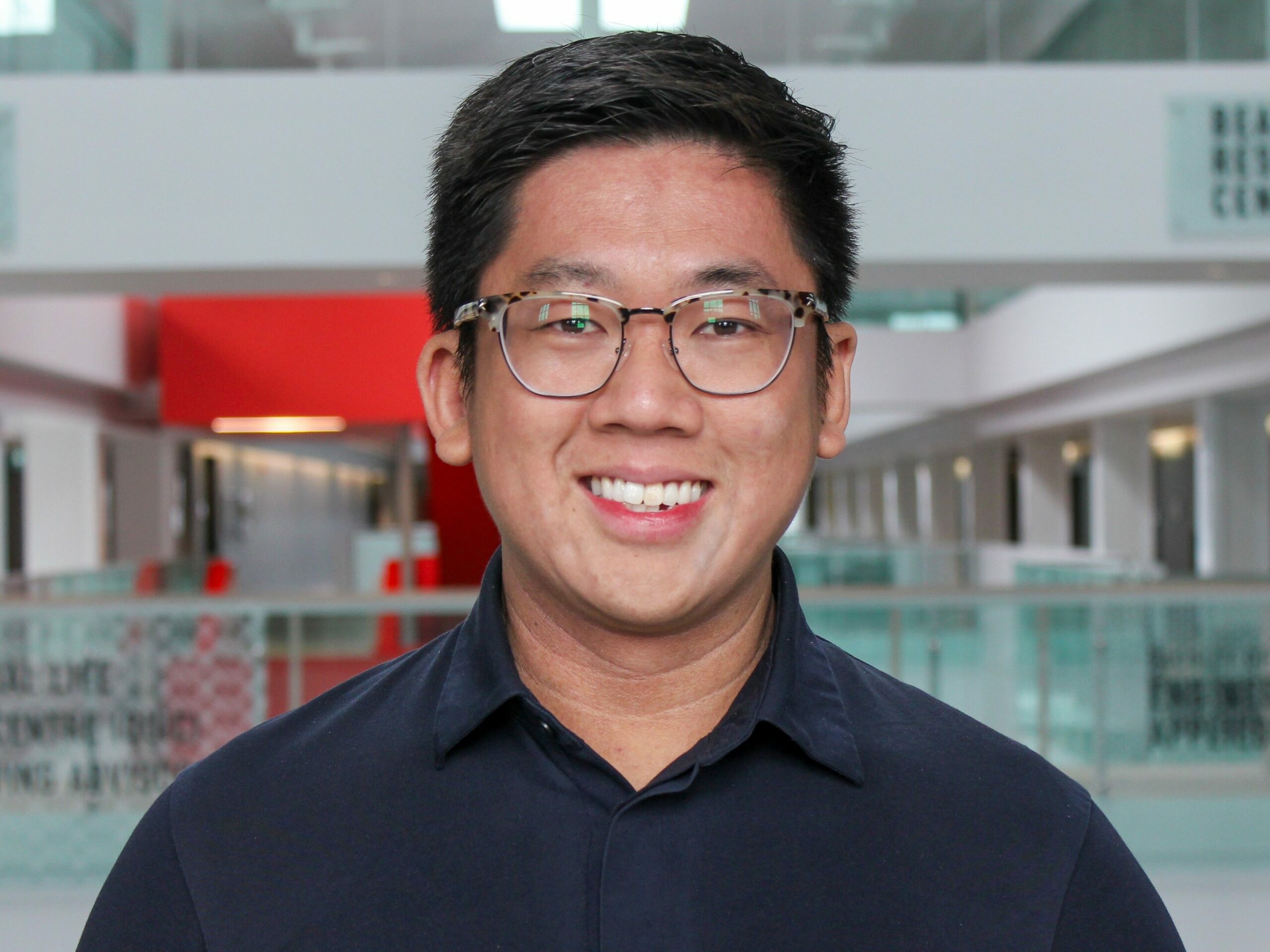
Matthew Pan - Meta-Physical Theatre: Designing, 'Physical' Interactions in 'Virtual' Reality Live Performances
At Queen's University, the project "Meta-Physical Theatre: Designing 'Physical' Interactions in 'Virtual' Reality Live Performances" is led by Matthew Pan, an Assistant Professor in the Faculty of Engineering and Applied Science. This initiative enhances VR experiences by integrating physical touch interactions through robotics and smart textiles, aiming to amplify immersivity. Committed to equity and diversity, the team collaborates with arts organizations focused on racialization to foster inclusivity and develop best practices for cross-cultural sensitivity in virtual interactions.
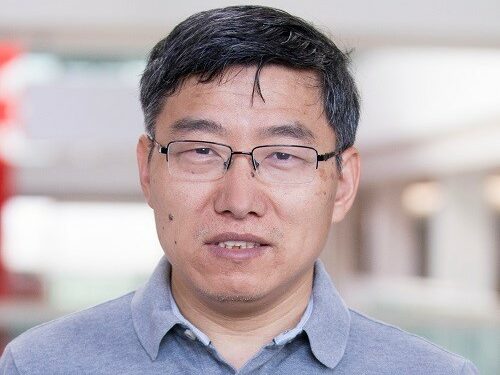
Qingguo Li - Exo-Sensory Augmentation to Reduce Musculoskeletal Injury Risk in Clinical Settings
Targeting healthcare staff, Professor Qingguo Li from the Faculty of Engineering and Applied Science at Queen's University leads the project "Exo-Sensory Augmentation to Reduce Musculoskeletal Injury Risk in Clinical Settings." Through innovative technology, the initiative aims to mitigate injury risks, enhancing sensory awareness to improve task performance and prevent injuries. With inclusivity as a priority, the project endeavors to develop accessible wearable technology for clinicians of all backgrounds.
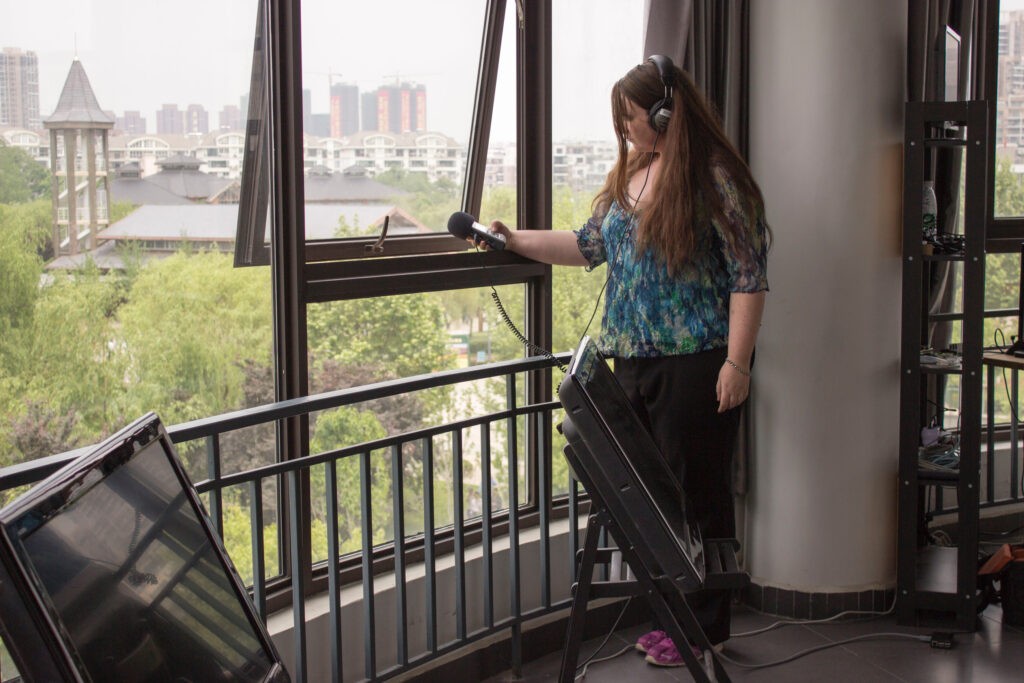
Rebecca Caines - Towards Socially-Responsible 'Transfer Learning': Connecting Artists, Engineers, Neuroscientists and their Partners Through Interdisciplinary Knowledge Mobilization"
At York University's School of the Arts, Media, Performance & Design, Assistant Professor Rebecca Caines leads the charge in interdisciplinary collaboration with the project "Towards Socially-Responsible 'Transfer Learning': Connecting Artists, Engineers, Neuroscientists and their Partners through Interdisciplinary Knowledge Mobilization." Emphasizing co-creation, ethical learning transfer, and global collaboration, this initiative explores diverse ways of knowing to address societal challenges. Through this research, inclusivity is fostered, and collaboration with equity-deserving groups, particularly Indigenous communities, is nurtured.
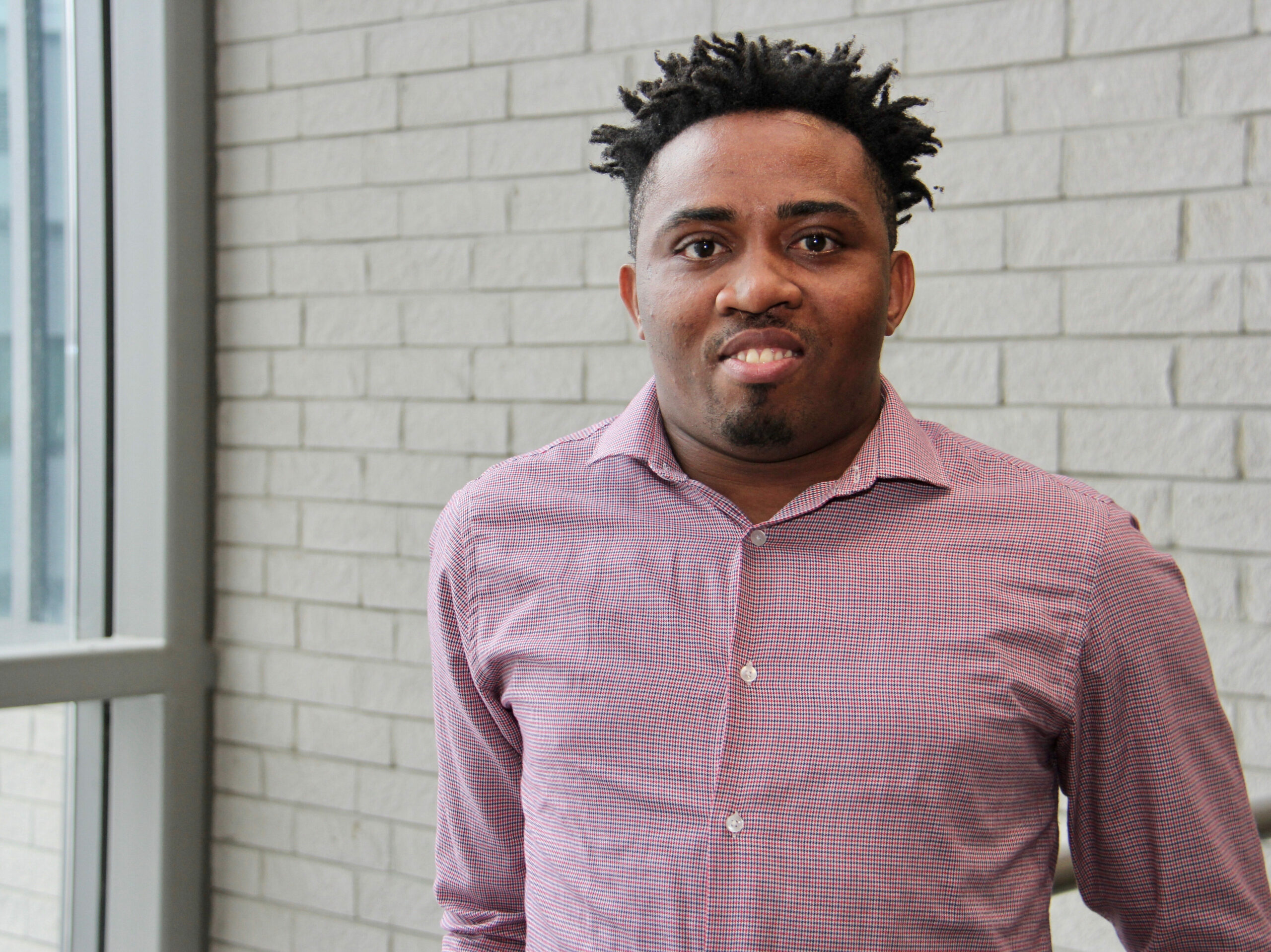
Michael Kalu - Bridging Mobility Gaps: Co-designing Culturally Appropriate Mobility AI-Powered Wearable (CAMAiW) Tool for Black, Indigenous, and People of Color (BIPOC) Older Adults
Championing a transformative journey at York University, Assistant Professor Michael Kalu embarks on the project "Bridging Mobility Gaps: Co-designing Culturally Appropriate Mobility AI-Powered Wearable (CAMAiW) Tool for Black, Indigenous, and People of Color (BIPOC) Older Adults." This pioneering initiative aims to integrate speed, distance, location tracking, and other health/social related (e.g., electromyography - muscle response or electrical activity response to nerve stimulation) within a single tool. With the steadfast commitment to inclusivity and socially ethical technologies, the project will iteratively work with each BIPOC community to co-create CAMAiW, and feasibility test for potential use.
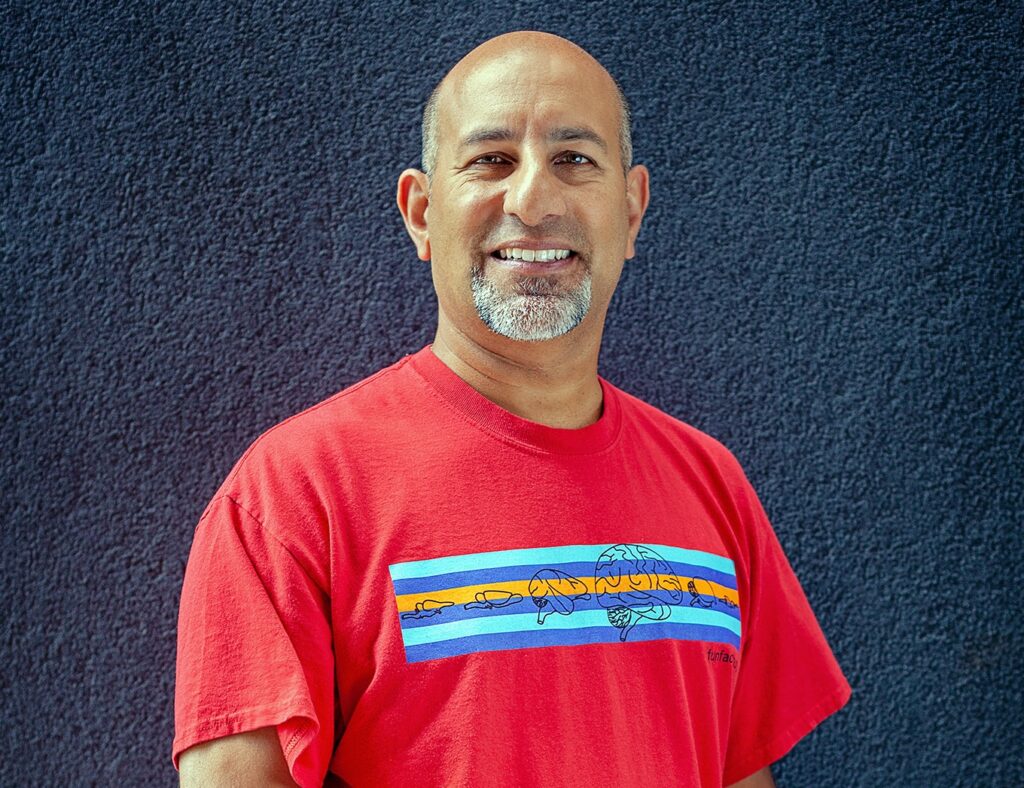
Joseph DeSouza - The Intergenerational Healing Power of nêhiyawêwin (the Cree Language)
“The Intergenerational Healing Power of nêhiyawêwin (the Cree Language)" is a transformative endeavor spearheaded by Joseph DeSouza, Associate Professor in the Faculty of Health at York University. Partnering with the nêhiyawak language experience (nLE), the project explores the positive impacts of re/learning the Cree language on holistic health. By integrating Indigenous knowledge with neuroscience, the research aims to revitalize nêhiyawêwin, restore Treaty obligations, and foster healing within the nêhiyawak Nation.
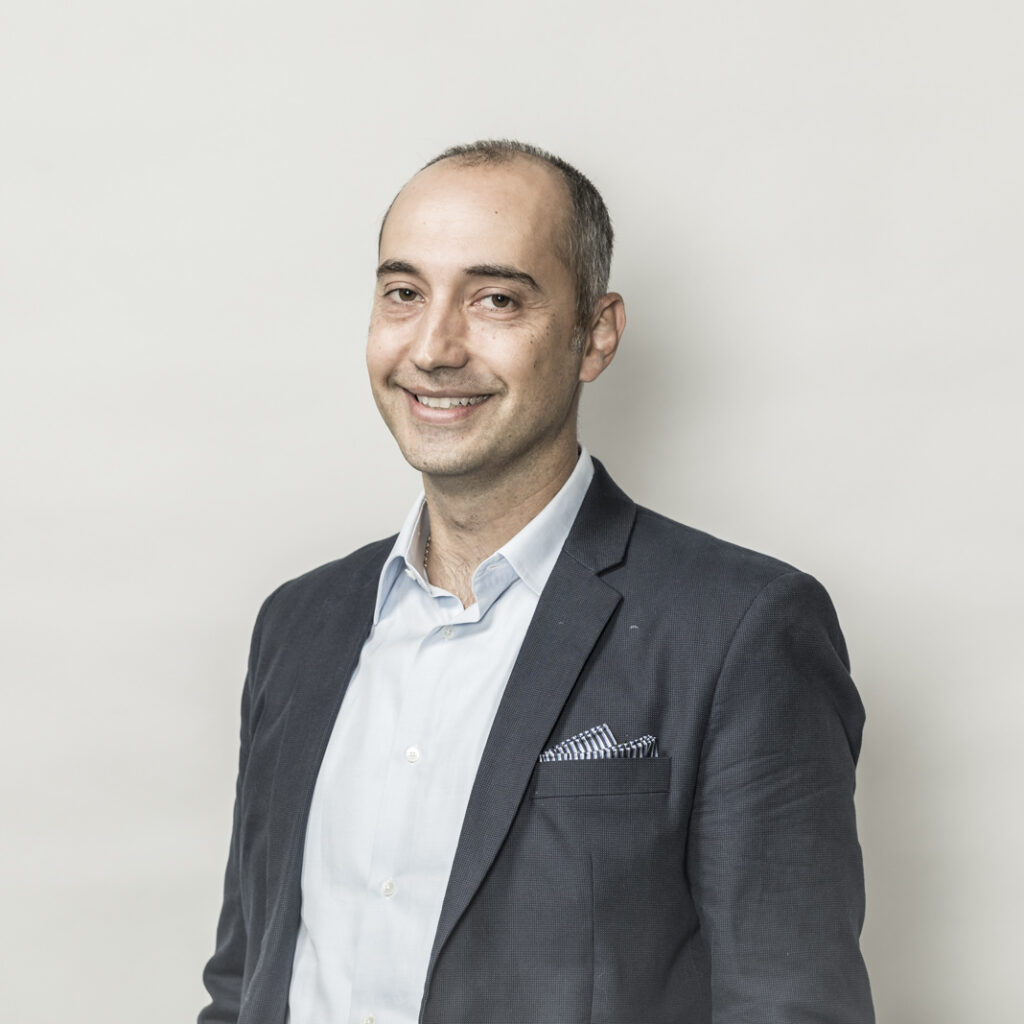
Terry Sachlos - Increasing African, Caribbean, and Black Donor Representation in the Canadian Bone Marrow Stem Cell Registry through Community Engagement and Co-creation of Tissue Engineered Bone Marrow to Mitigate Critical Stem Cell Transplant Shortages
Associate Professor at York University’s Lassonde School of Engineering, Terry Sachlos, leads the initiative "Increasing African, Caribbean, and Black Donor Representation in the Canadian Bone Marrow Stem Cell Registry through Community Engagement and Co-creation of Tissue Engineered Bone Marrow to Mitigate Critical Stem Cell Transplant Shortages." Focused on boosting the representation of African, Caribbean, and Black (ACB) donors in the registry, this project engages with community organizations and implements innovative biotechnology strategies. By dismantling barriers to healthcare access and fostering inclusivity, the research endeavors to create a more equitable healthcare system.
